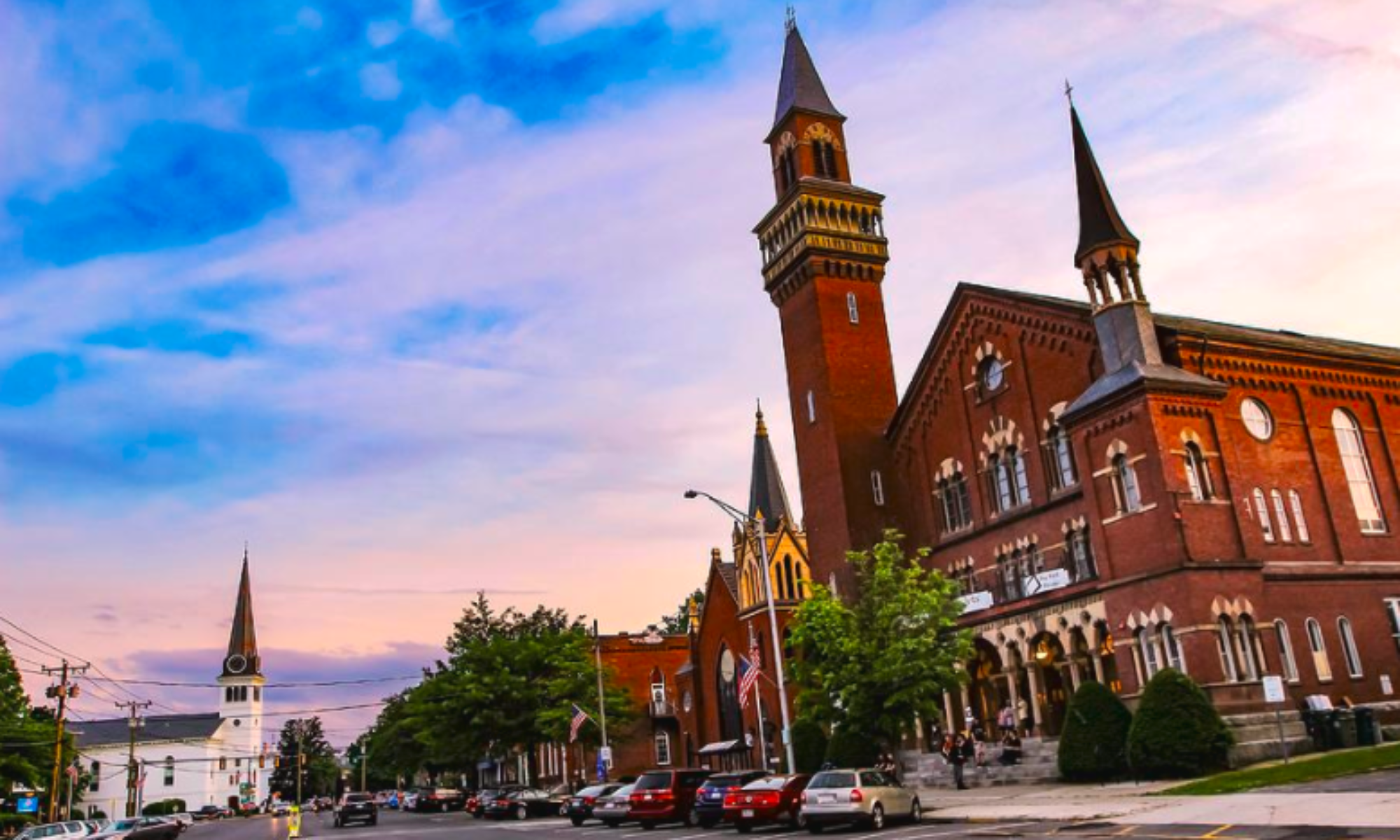(MassLive- Hadley Barndollar) Editor’s note: This is the fourth story in an ongoing series about how pill presses are changing illicit drug production in Massachusetts and beyond. Read the rest of the series here.
The package arrived at MassLive’s Worcester office like any other FedEx delivery. Inside the cardboard box and tightly wrapped in foam sheets was a machine that has fueled an explosion of counterfeit pill production across the U.S.
The pill press itself required minimal assembly and was already greased at all movement points. Production of potentially deadly pills could have begun almost immediately if fentanyl or methamphetamine had been on hand, along with a binding agent like baby powder or crushed Tylenol.
As part of a monthslong investigation into the rise of pill press machines in Massachusetts and across the country, MassLive ordered its own pill press from China to see how challenging it would be to obtain.
We waited approximately four weeks between placing the order for $600 in Bitcoin over Whatsapp and receiving the package. A 53-pound, hand-crank pill press, likely made of low-grade steel, arrived in Worcester in mid-October after clearing customs in California, en route from a supplier in China’s Hunan province.
With a production rate of up to 50 pills per minute, manning the pill press for just two hours could yield 6,000 pills. One pill would likely sell for $10-20 on the street or social media.
In recent years, pill presses have emerged as a tool for drug traffickers to locally produce counterfeit pills made with fentanyl and methamphetamine that look like legitimate prescription medications — such as oxycodone, Adderall and Xanax — in just about any location they choose. The machines don’t require any expertise to run.
And yet, because of a handful of legal uses — creating a slippery slope for regulators — they exist in a gray area.
…. Full Article ….
What could happen in Massachusetts?
A pill press bill was introduced in the Massachusetts State Legislature last year. As written, it was similar to Mississippi’s law: making it a felony to “possess, purchase, deliver, sell or possess with intent to sell or deliver” a pill press for the purpose of manufacturing controlled substances or counterfeit drugs.
It was later sent to study in a massive package of other judicial bills. Sponsoring Rep. Marcus Vaughn, R-9th Norfolk, said he intends to reintroduce the “crucial commonsense” legislation in January, which he believes will target ”just how easy it appears to be to make these drugs.”
There could be an appetite among other lawmakers for action next session, as well.
Rep. Steven Xiarhos, R-5th Barnstable, said he joins Vaughn in a commitment to refiling pill press legislation.
“We cannot allow pill press machines, which can produce thousands of deadly counterfeit pills in mere hours, to remain unregulated,” said Xiarhos, who worked as a police officer for 40 years. “This equipment is facilitating a surge in overdoses, and it’s clear that our laws have not kept pace with the evolving methods of illicit drug manufacturing.”
Xiarhos believes there is growing bipartisan recognition on Beacon Hill of what he called a “dangerous loophole” enabled by an absence of regulation and oversight.
For Sen. John Velis, D-Hampden/Hampshire, who chairs the Joint Committee on Mental Health, Substance Use and Recovery, counterfeit pills are the issue that keeps him up at night, he said.
As a person in recovery from alcohol addiction, the topic is personal for Velis.
He first learned of the issue about two years ago while riding along with State Police, when he heard about someone selling methamphetamine pills disguised as Adderall “in bulk.”
“The message that I am conveying (to kids) is, unless you or your parents, preferably you, went into CVS or Walgreens and bought this yourselves, there is a very strong chance you could die,” Velis said about counterfeit pills.
“I think awareness is getting better,” he continued, “but what I can tell you with absolute certainty is there is still a profound gulf between the number of people who realize that when they buy something on social media or on the street that’s being advertised as something, it’s very likely something else.”
In that vein, this past budget cycle, Velis helped secure $100,000 for a Department of Public Health awareness campaign around “drug contamination in the commonwealth, including the presence of fentanyl.” He said the intention is for Massachusetts to create its own campaign modeled off the DEA’s “One Pill Can Kill” initiative.
Velis also envisions a future where colleges and universities send alerts to students about counterfeit pills when they become aware of a batch going around, in the same way they do for shelter-in-place or school closings.
Velis said he believes the “first and foremost focus” for legislators on this topic should be spreading awareness.
###

